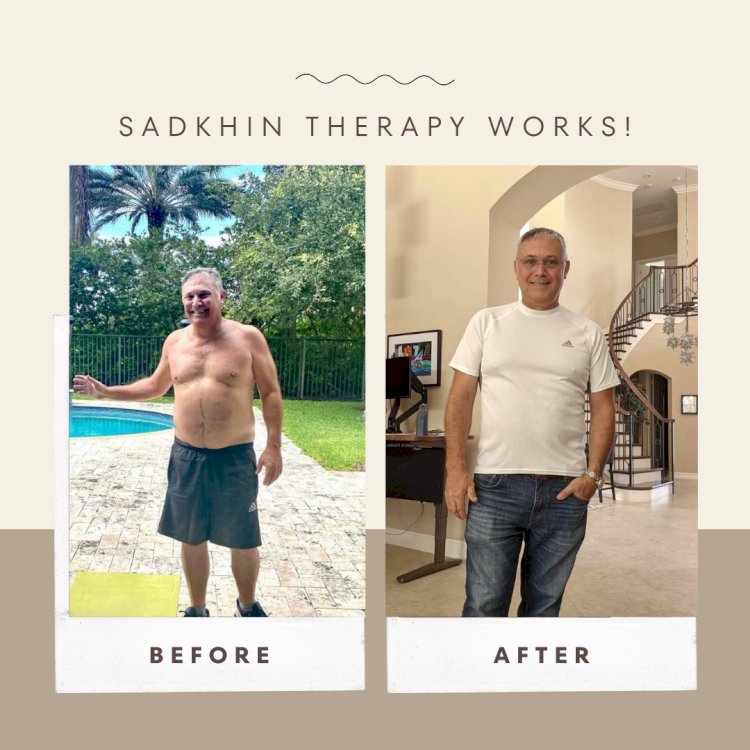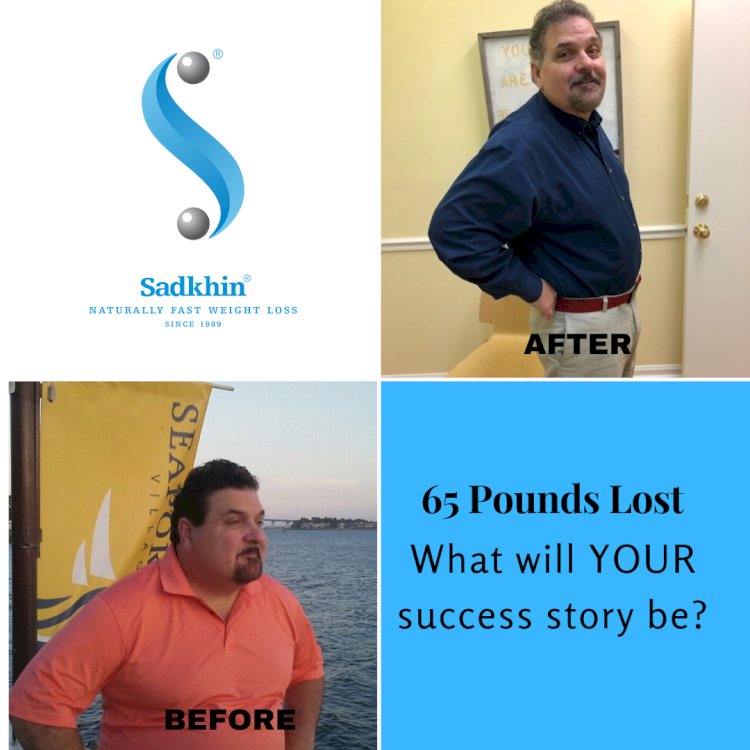How to Break the Cycle and Build a Healthy Relationship with Food
Emotional eating is a common struggle for many people, especially when it comes to weight loss.

Emotional eating is a common struggle for many people, especially when it comes to weight loss. It's the tendency to turn to food as a way to cope with emotions such as stress, sadness, boredom, or anxiety. This can lead to overeating, guilt, shame, and ultimately hinder weight loss progress. In this article, we'll explore the cycle of emotional eating, the impact on weight loss, and strategies for overcoming it.
The Cycle of Emotional Eating
The cycle of emotional eating can be broken down into three parts: trigger, behavior, and consequence. The trigger is the emotional or situational cue that prompts the behavior of eating. The behavior is the act of eating in response to the trigger. The consequence is the emotional or physical effect of the behavior, such as feeling guilty or gaining weight.
The Impact on Weight Loss
 Emotional eating can have a significant impact on weight loss progress. When we eat to cope with emotions, we often choose high-calorie, high-fat, and high-sugar foods that provide temporary comfort but contribute to weight gain. Additionally, emotional eating can disrupt the body's natural hunger and fullness signals, making it harder to regulate food intake and maintain a healthy weight.
Emotional eating can have a significant impact on weight loss progress. When we eat to cope with emotions, we often choose high-calorie, high-fat, and high-sugar foods that provide temporary comfort but contribute to weight gain. Additionally, emotional eating can disrupt the body's natural hunger and fullness signals, making it harder to regulate food intake and maintain a healthy weight.
Strategies for Overcoming Emotional Eating
Here are some strategies for overcoming emotional eating and building a healthy relationship with food:
Identify triggers: Pay attention to what triggers emotional eating for you. Keep a journal or diary to track patterns and identify common triggers.
Find alternative coping mechanisms: Instead of turning to food, find alternative ways to cope with emotions such as journaling, exercising, meditating, or talking to a friend.
Practice mindful eating: Pay attention to your hunger and fullness cues, and eat slowly and mindfully. This can help you regulate your food intake and build a healthier relationship with food.
Create a supportive environment: Surround yourself with people who support your weight loss goals and make healthy choices easier, such as stocking your kitchen with healthy foods and snacks.
Seek professional help: If emotional eating is a persistent issue, consider seeking help from a mental health professional who can help you address underlying emotional issues and develop healthy coping strategies.
Conclusion
Emotional eating can be a challenging obstacle to overcome when it comes to weight loss, but it's not impossible. By identifying triggers, finding alternative coping mechanisms, practicing mindful eating, creating a supportive environment, and seeking professional help when needed, you can break the cycle of emotional eating and build a healthier relationship with food. Remember, weight loss from weight loss boca raton florida is not just about the number on the scale, but about achieving lasting health and wellness. With a little effort and perseverance, you can achieve your weight loss goals and live a happier, healthier life.






































